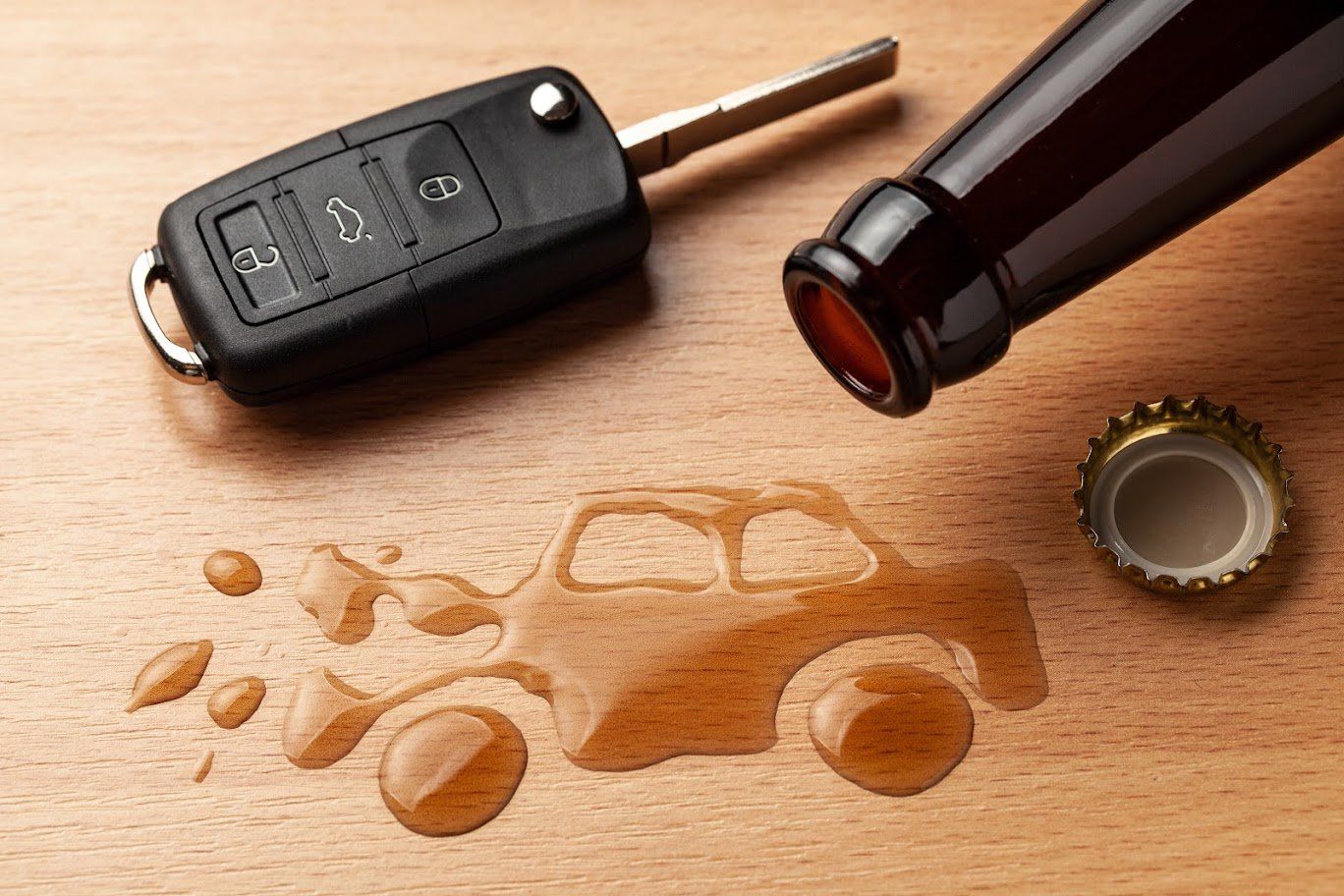
What is OWI and what do you need to know about Wisconsin drunk driving and intoxicated driver laws? Whether you had a recent arrest for OWI or someone close to you did, take a look at the top questions about this offense answered.
Is OWI the Same As DUI?
Different states use different terms (or acronyms) for drunk and intoxicated driving laws. In Wisconsin, the state law refers to drunk or drug-induced driving offenses as Operating While Intoxicated—also known using the acronym OWI.
DUI is another acronym that some states use for these types of laws. Instead of Operating While Intoxicated, DUI stands for Driving Under the Influence. Along with OWI and DUI, the term Driving While Intoxicated (or DWI) is another type of offense used across the United States (in some areas).
OWI and DUI (and DWI) may mean the same thing or have slightly different meanings, depending on the individual state's statutes. To fully understand the differences between these terms or what an OWI arrest means for you (or your family member/friend), you may need to learn more about how the state of Wisconsin defines this type of driving-related offense.
What Is OWI in Wisconsin?
According to the State of Wisconsin Department of Transportation, the OWI laws apply to all drivers. If the driver is over 21 and they have a blood or breath alcohol concentration (or BAC) level of 0.08 or higher, are under the influence of an intoxicant, have a detectable level of a restricted controlled substance in their blood, or are operating a motor vehicle while under the influence of a controlled substance.
If the person is under 21, they are subject to a blood alcohol limit of .00. If there is an alleged blood alcohol level over .00, but below .08, the person may receive a citation for Absolute Sobriety Violation. That is similar to an OWI, but carries different penalties. If a person under 21 has an alleged blood alcohol concentration over .08 or a detectible amount of a restricted controlled substance in their blood, they may be convicted of an OWI.
What Does a First Offense OWI Mean for a Driver?
A first offense is exactly what the name sounds like — this is the first time you or your family member is arrested for an OWI offense. If you drive while intoxicated in Wisconsin, several things could happen during and after an arrest.
At the time of the arrest, the intoxicated driver may receive a citation to appear for an OWI 1. If law enforcement receives test results from the chemical test, a driver may receive a citation for Prohibited Alcohol Concentration. If there are detected restricted controlled substances in the person’s blood sample, law enforcement may also issue a citation for Restricted Controlled Substance.
The driver could refuse to submit a sample for testing. But the state will likely counter this action with a search warrant and a Notice of Intent to Revoke. After the arresting law enforcement agency processes the driver's sample, you (or your loved one) will get a Notice of Intent to Suspend. Drivers who submit to on-site testing and have an elevated BAC may get this notice immediately (at the scene).
As the name implies, this notice informs the driver of the state's intention to suspend their driving privileges. This happens 30 days after the notice date.
What Should You Do After An OWI Arrest?
Don't try to navigate the legal system on your own. In 2019, 27,785 Wisconsin drivers were arrested for operating a vehicle while intoxicated, according to the state's Department of Transportation. 92 percent of 22,683 drivers who were adjudicated for OWI were found guilty by the state.
While it is possible to learn more about or understand the OWI laws in Wisconsin, this knowledge doesn't qualify you as an expert in the area. Without the expertise and experience of a qualified legal professional, you could face the maximum penalties under state law. Instead of moving through the court system alone, explore your legal options.
A lawyer can help you to read and understand the letters, citations, and notices the state sends to you. They can also walk you through each step of the adjudication process — and with your best interest in mind.
When Should You Hire An Attorney?
You don't need to wait until your court date is approaching to contact an attorney. The sooner you find legal representation, the better. Make sure the lawyer you hire specializes in Wisconsin OWI laws. This type of legal situation requires an attorney who has already navigated the system and knows how to help you during this tough time.
Do you need an OWI layer? Contact the Cohen Law Offices for more information.

